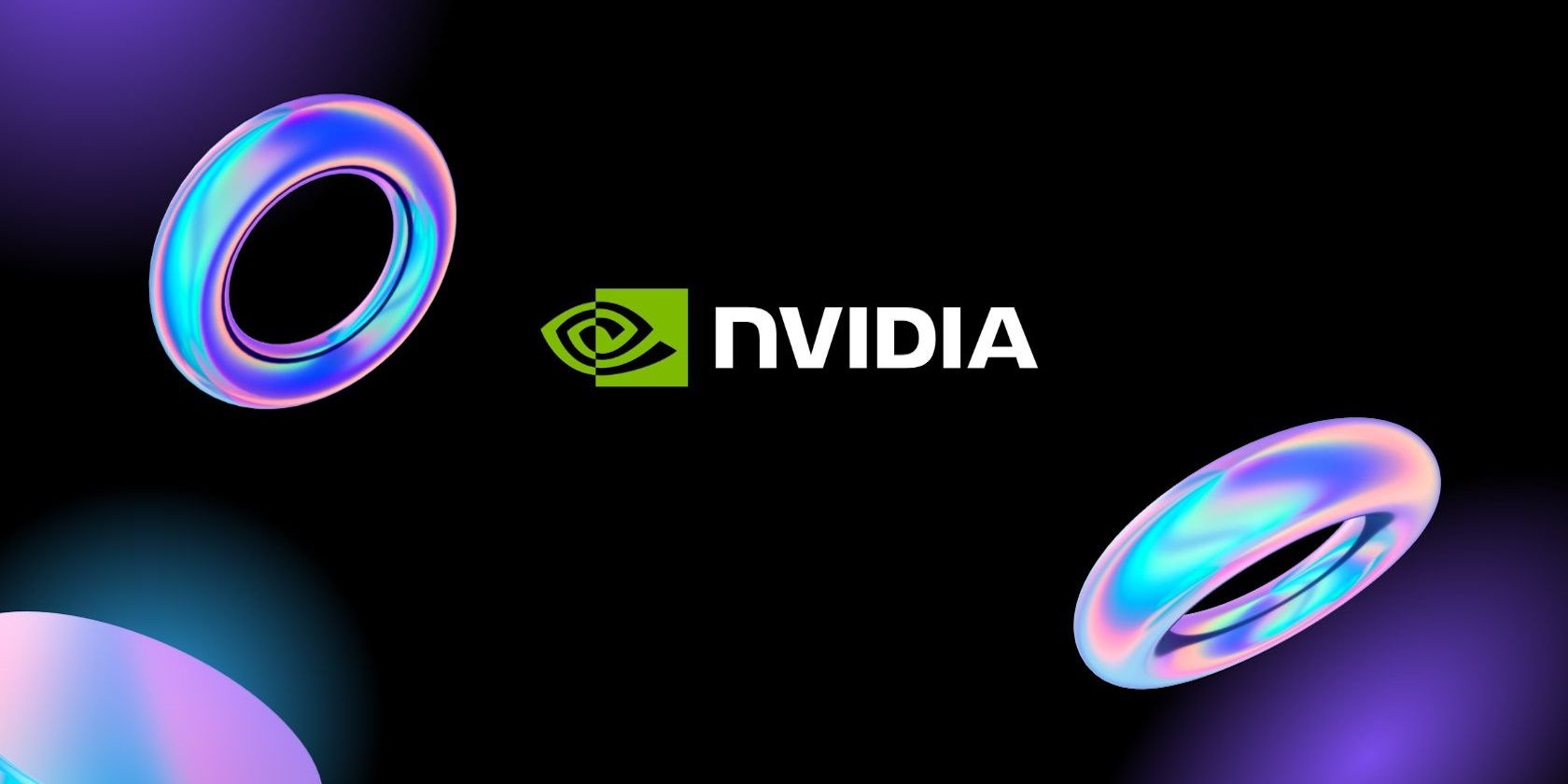
Exploring Volkswagen's Use of Advanced ABBYY Recognition Software for Testing Next-Gen Car Entertainment Solutions

Exploring Volkswagen’s Use of Advanced ABBYY Recognition Software for Testing Next-Gen Car Entertainment Solutions
Automotive | Machine Vision
Volkswagen Corporation Tests its Infotainment Systems by Using ABBYY FineReader Engine

Volkswagen Corporation Tests its Infotainment Systems by Using ABBYY FineReader Engine
Automotive | Machine Vision

Customer Overview

| Name | Volkswagen Corporation |
|---|---|
| Headquarters | Wolfsburg, Germany |
| Industry | Transport Manufacturing |
| Web | www.volkswagen.de |
CHALLENGE
Finding a more robust OCR technology in order to better carry out tests
SOLUTION
ABBYY FineReader Engine technology
RESULTS
- The number of Infotainment Systems to be tested vastly increased
- Significant reduction in costs caused by the increase of customer satisfaction
At Volkswagen Corporation, the testing department, and specifically the Interactive Electronics Test Facility, makes an important contribution to the usability of the increasingly complex interactive electronics found in their vehicles. The team of engineers ensure that Infotainment Systems in every car function accurately and reliably. To improve their automated testing processes, the testing engineers from Volkswagen have introduced ABBYY FineReader OCR technology to verify the content of the Infotainment Screens.
Reliable Driver-Car Communication
The main communication between driver and vehicle takes place through the Volkswagen Infotainment System. Due to the variety of Volkswagen models and different corresponding equipment options,the testing engineers face great challenges: because of the large amount of software and many new features and functions in the systems, it is not possible to prevent errors from occurring. The logics between features are, in practical terms, very complex and the degree of networking between functions is also very high. Moreover, software updates for various models and display variants in different languages are issued every two weeks. All of this necessitates a thorough testing system to be employed.
In order to pre-test the information which the driver obtains from the Infotainment Systems whilst driving,the test engineers set up optical inspection systems. The testing department develops its own verification methods for fully automated tests of individual infotainment components. First, the display contents are captured as an image and then converted into plain text using OCR, or text recognition, technology. The results are then compared with the existing database and the meta data stored there. If the text does not match the information stored in the verification database, the discrepancies and errors are automatically entered into the log book.
Have a task? Let’s find a solution
More exact, more efficient – ABBYY OCR Quality
In the past Volkswagen used other text recognition systems but they had some disadvantages: “In order to differentiate between real errors, and alleged error messages which were based on incorrectly recognised text, we had to continuously op-timise and train the text recognition, which was a very time-consuming process,” says Rolf Nissen of the Volkswagen Interactive Electronics Department. The next problem was that display contents with coloured text caused many problems in the past, because it was too difficult to differentiate between graphics or actual text.
Finally, since the Interactive Electronics Test Facility also verifies all Infotainment Systems for Volkswagen markets worldwide, any problems with the system must also be detected in different languages. “For example, Dubai is a very interesting market for Volkswagen. However, the menu navigation for the cars which have been manufactured for this region is only available in English at the moment,” says Nissen. “This will soon change, so that Arabic will also become a part of the testing process.” After looking at the challenges they faced Volkswagen knew they needed to find a more robust OCR technology in order to better carry out their tests. In their search for a suitable solution, the Volkswagen employees came across the ABBYY FineReader Engine software development kit. The decision makers at Volkswagen were quickly con-vinced about its advantages – high OCR quality and accuracy; up to 198 recognition languages, including Arabic; special functions for pattern training and compiling dictionaries. ABBYY FineReader Engine impressed the testing engineers so much that Volkswagen quickly decided to adopt the solution for its testing process.
“The results were extremely good. Although we did not measurably tweak the OCR technology, ABBYY FineReader Engine recognised text within complex images straightaway.“
Serap Askar, Manager of Image Processing Department at the Volkswagen Test Facility
Success story: from evaluation to application
As a first step, ABBYY FineReader Engine OCR technology was initially evaluated on a set of sample images. The purpose was to determine to what extent the solution could be inte-grated within Volkswagen’s existing processes. This phase, spaced over many months, was conducted without problems and to the full satisfaction of the client. Volkswagen could then incorporate ABBYY technology into further practical test-ing at other facilities.
After six weeks of implementation the system was fully operational. As a result, Volkswagen could read and process up to 600,000 characters per day using ABBYY FineReader Engine technology. This vastly increased the quantity of Infotainment Systems that the department could test each day. Following this success, the new solution was implemented at the remaining 60 testing facilities, so that even more Infotainment Systems for different makes and models produced by Volkswagen could be tested.
The test department put high demands on the performance of ABBYY FineReader Engine in its testing system. “The results were extremely good. Although we did not measurably tweak the OCR technology, ABBYY FineReader Engine recognised text within complex images straightaway” explained Serap Askar, Manager of Image Processing Department at the Volkswagen Test Facility. “The API was so well documented that we could quickly implement the technology at five of our test facilities. The test points which are furnished with ABBYY FineReader Engine can respond flexibly, even to short-term changes, such as updates to the menu navigation. The results were comprehensible, reproducible, and applicable to other environments.”
The optical inspection system based on ABBYY FineReader Engine significantly shortened testing times and also contributed to a major increase in testing accuracy. Finally, the improved quality assurance of the infotainment systems also resulted in Volkswagen customer satisfaction. Considering that there were more than 200,000 cars registered by Volkswagen Corporation customers in Germany in Q1/2011 alone, the increase in customer satisfaction has produced a significant reduction in costs for Volkswagen.
Like, share or repost
Share True ? : “”
Ready to talk to an expert?
We’d love to help you along your automation journey.
Also read:
- [New] The Universal Watcher Exclusive Local and Live Streaming
- [Updated] Strategies for Adjusting Music Tempo on Spotify App
- [Updated] Unrestricted Media Playback FREE on Windows & MacOS
- 2024 Approved Efficient Solutions for YouTube Short Snags
- 2024 Approved Instantaneous Effortless Podcast Live
- Comparing Windows Drives: C: & D: Breakdown
- Excellent Cameras Facing Panel First Choice for 2024
- How to Transfer Music from Oppo A58 4G to iPod | Dr.fone
- In 2024, DVD Burning Made Easy Convert Videos to DVD on Windows and Mac
- In 2024, Top Ringtones for Game of Thrones Enthusiasts - Online Listings
- In 2024, Top Tips for Optimal Frame Rate Manipulation
- Step-by-Step Guide to Upgraded Camera Functionality on Windows 11, 10, 8 & 7 Machines
- Step-by-Step Guide: Booting Into Safe Mode & Removing NVIDIA/AMD GPU Drivers on Windows 8
- Strategies for Creating Hit Memes for 2024
- Surging Interest Through Effective Strategies for FB Giveaway Promotions for 2024
- Technological Testing and Tracking The VLL Method for 2024
- Tutorials Expert: Sécuriser Et Sauvegarder Sous Windows 11 via NAS Synology
- Title: Exploring Volkswagen's Use of Advanced ABBYY Recognition Software for Testing Next-Gen Car Entertainment Solutions
- Author: Christopher
- Created at : 2025-01-20 17:28:52
- Updated at : 2025-01-22 02:21:31
- Link: https://some-approaches.techidaily.com/exploring-volkswagens-use-of-advanced-abbyy-recognition-software-for-testing-next-gen-car-entertainment-solutions/
- License: This work is licensed under CC BY-NC-SA 4.0.


